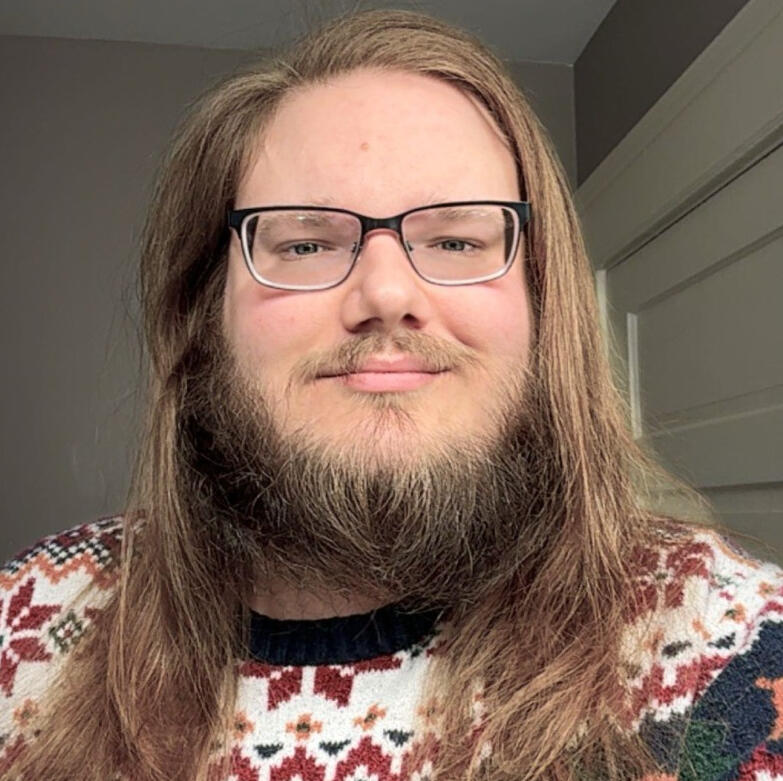Cody Dalton
Educator & Researcher
Cody Dalton is a Ph.D. student and preservice teacher supervisor at Virginia Tech studying History and Social Science Education. His work explores how technology, pedagogy, and persona can make history classrooms more engaging and equitable. His research connects students’ lived experiences with digital tools to help them think critically about the past and the stories we choose to tell. He’s interested in whose voices get preserved, whose get left out, and how those choices shape our understanding of the world. He believes that learning works best when it’s a little unpredictable. When not writing or teaching, he’s usually overanalyzing roadside historical markers or rooting for the Carolina Panthers with a level of optimism that could be classified as either admirable or delusional.

Copyright © 2025 Cody Dalton - All Rights Reserved.
Education
PhD Curriculum & Instruction, Virginia Tech, Expected 2028EdS Higher Education Leadership, South CollegeMBA Business Administration, South CollegeMEd Literacy, American College of EducationBS History (18+ graduate credits), Liberty UniversityGraduate Certificates
Educational Research, Virginia Tech, Expected 2027
AI Applications, Northeastern University, Expected 2026
Gifted Education, Averett University
Contact
Cody invites fellow scholars, K–12 and higher-ed practitioners, and community partners to collaborate on research.
Thank you
Copyright © 2025 Cody Dalton - All Rights Reserved.